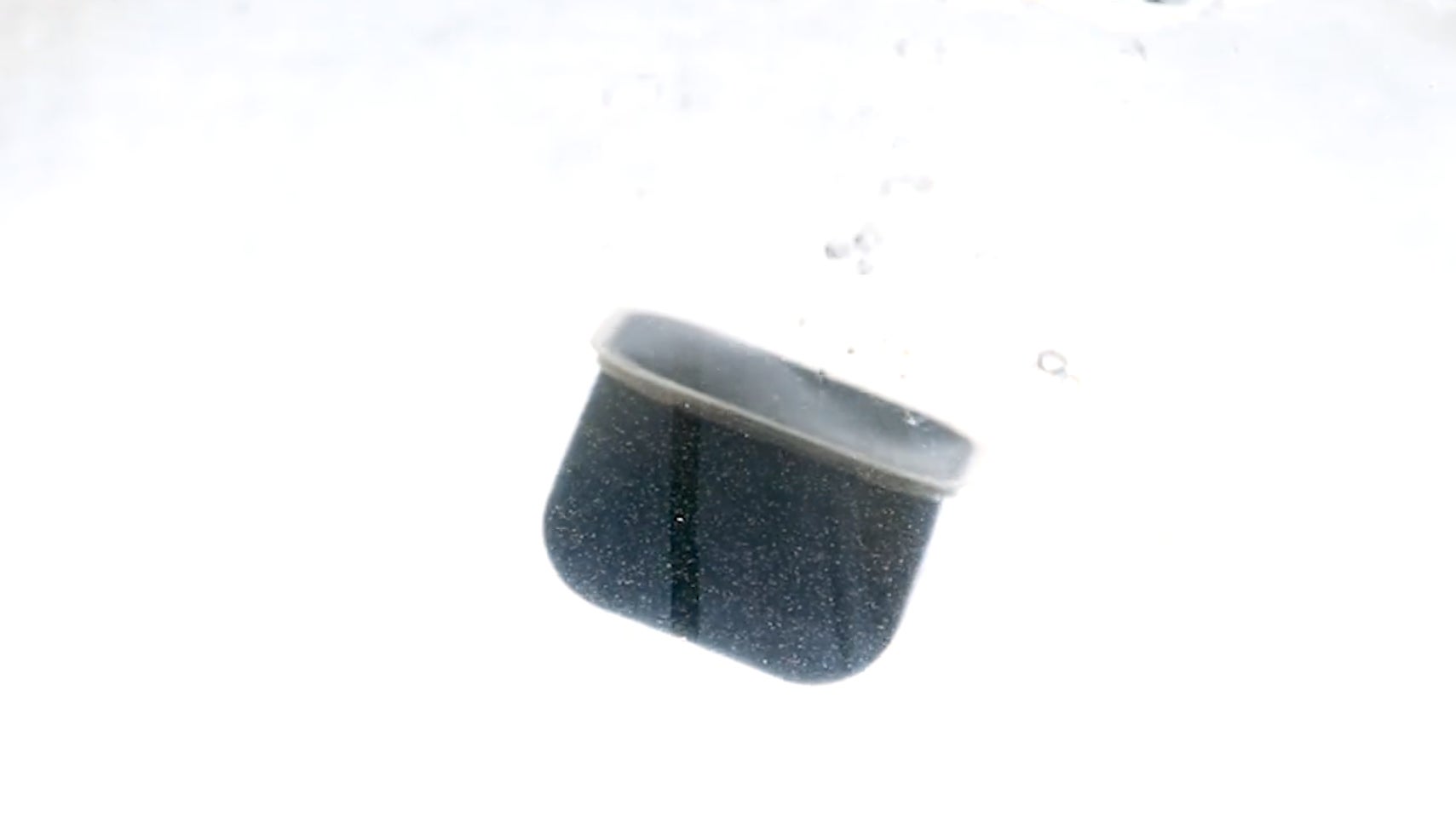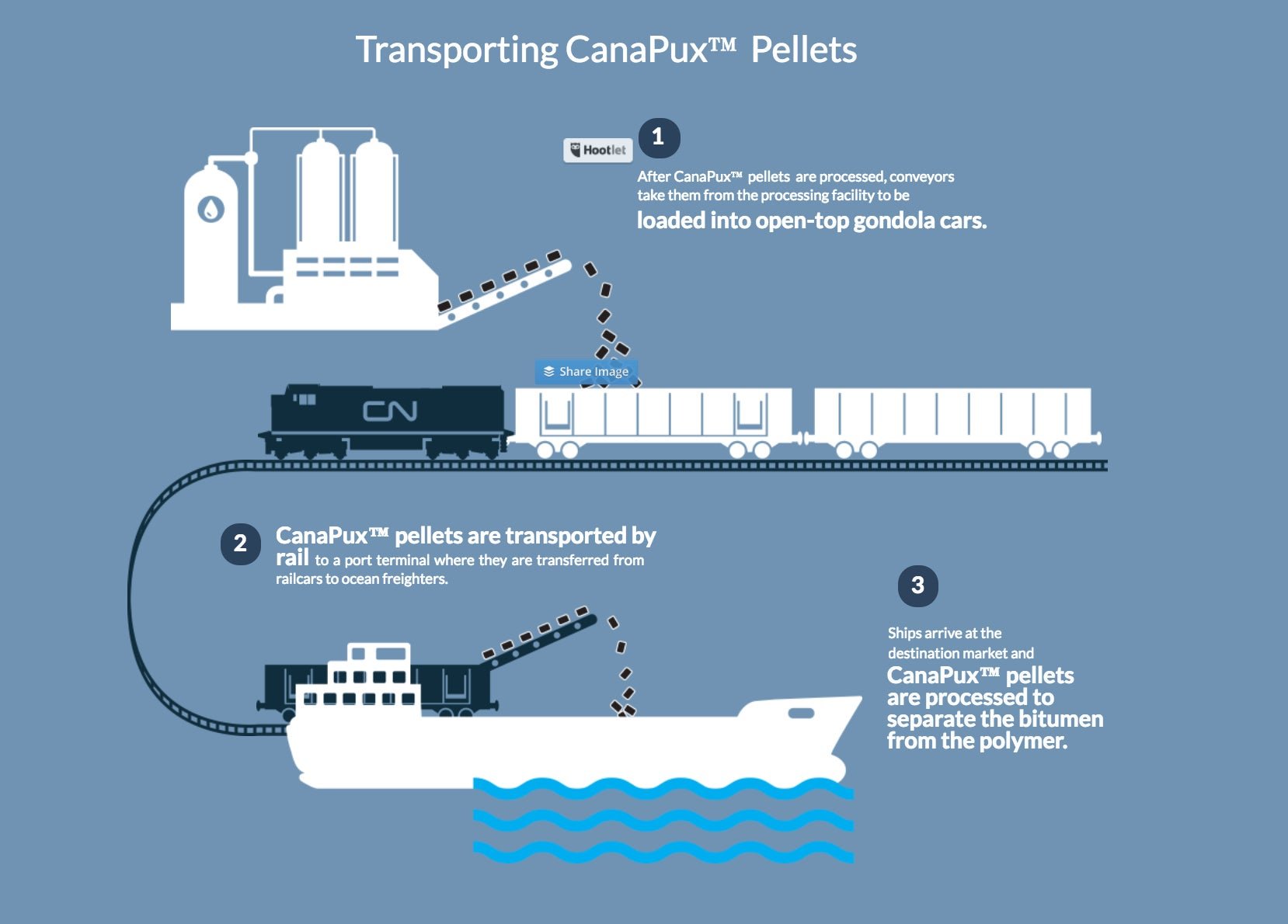Canada is proposing shipping tar sands oil in plastic pellets called “CanaPux”
Tankers. Pipelines. Now, CanaPux. Canada is being forced to get creative as it tries to export oil over environmental objections for its contribution to climate change. A major railway has proposed turning the nation’s controversial tar sands into Asia’s next oil source by using plastic pellets the size of a bar of soap to get it there, reports the Globe and Mail (paywall).


Tankers. Pipelines. Now, CanaPux. Canada is being forced to get creative as it tries to export oil over environmental objections for its contribution to climate change. A major railway has proposed turning the nation’s controversial tar sands into Asia’s next oil source by using plastic pellets the size of a bar of soap to get it there, reports the Globe and Mail (paywall).
Canada is America’s largest oil supplier, accounting for 40% of US imports each year. But this dependency on the US, and delays building a pipeline over the border due to concerns over climate change and indigenous rights, has the country’s oil producers looking afield.
The problem is that much of Canada’s oil comes from tar sands. Extracting fuel from these sticky, oil-laden sands in the country’s vast interior (particularly the Alberta province) tends to be expensive and energy intensive. It takes almost as much energy to extract a barrel as producers get in return, and then it must be shipped thousands of miles to the coast or refineries. The growing oil glut in Canada (Canadian oil has been selling for $50 below global prices) means oil producers and distributors are desperate to move their product to new markets.
One answer proposed by Canadian National Railway (CN) is to inject solidified oil (technically, oil sands bitumen) into plastic pellets. The plastic is used to encase the viscous oil. CN says it would enable shipment of oil in the same manner as coal, with railcars taking on hundreds of barrels of oil in the form of pellets (one barrel equals about 600 pellets) and then offloading them along the same distribution network of trains and ships used for coal.

Once it reaches its destination, the plastic polymer casing is separated for recycling or burning, and the bitumen is refined into petroleum products, according to a 2017 patent application found by Treehugger.
The project is still years away from realization. An initial MOU would covert 50,000 barrels a day into CanaPux, reports the Globe and Mail, with a smaller pilot project due in 2019. While it once seemed as if Canada would limit oil extraction from the tar sands over climate change concerns, it now appears the country’s Conservative party is following America’s lead in rejecting action on global warming.